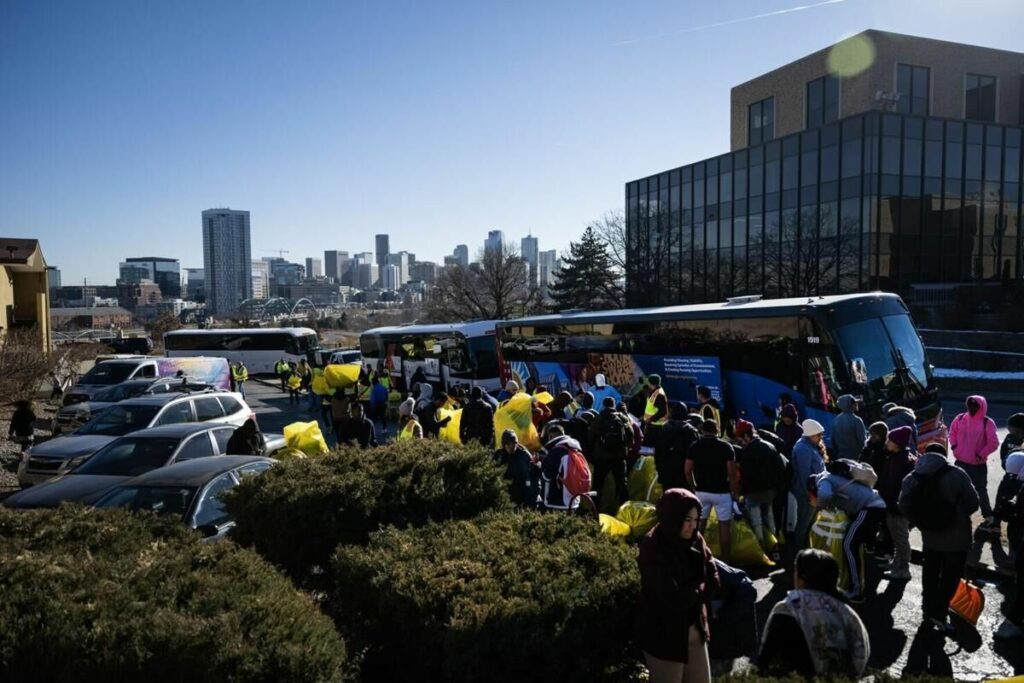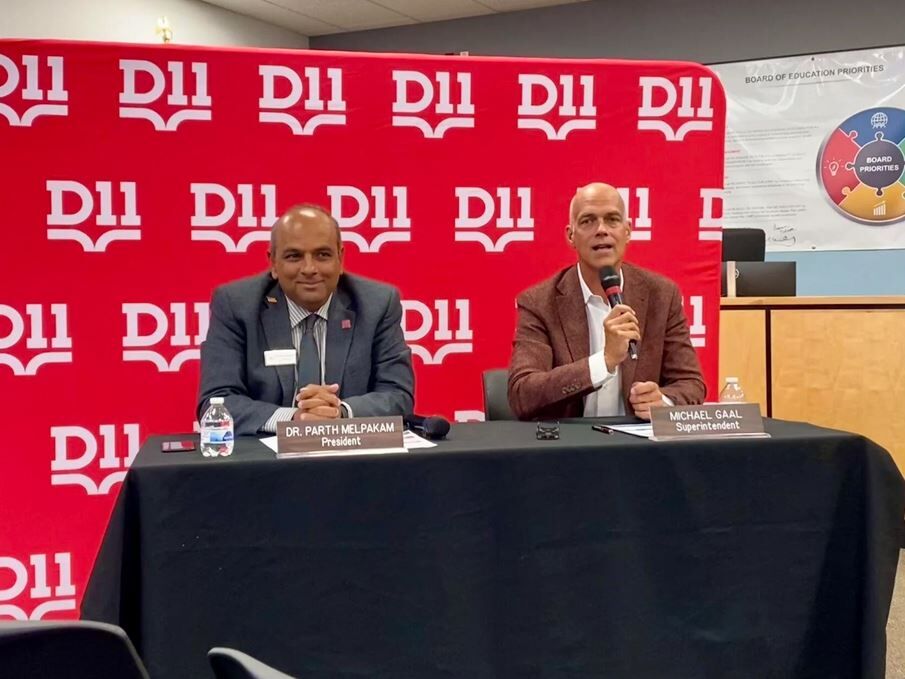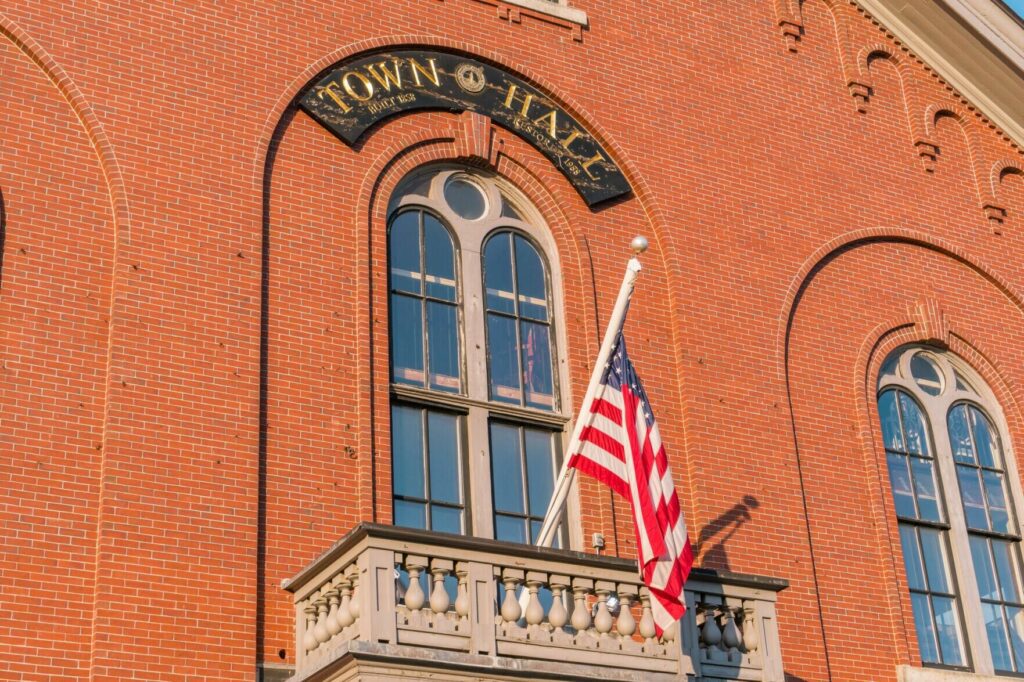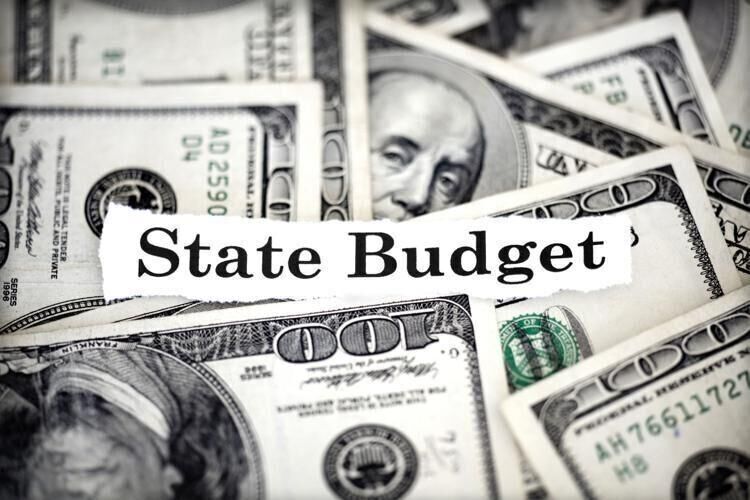Curb collective bargaining; veto SB 23-111 | Denver Gazette

“Workplace protection” sounds a lot more straightforward – and a lot less menacing – than “collective bargaining.” Make no mistake, though; legislation deceptively titled, “Public Employees’ Workplace Protection,” paves the way for the budget-busting unionization of yet more Colorado public employees. Tens of thousands more, in fact, at taxpayers’ expense.
Senate Bill 23-111, approved by the Legislature and now sitting on the desk of Gov. Jared Polis, coyly sets up the framework to unionize employees at all of Colorado’s cities, school districts and higher-ed campuses, among various other government entities. The measure stops just short of granting them collective-bargaining power. For now.
On behalf of Colorado’s taxpayers, we implore Polis to veto SB 23-111.
The governor and Legislature already granted that full power to state executive branch employees in 2020 and to employees at the state’s larger counties last year. Meaning, a union can negotiate a labor contract for them and, of course, lock taxpayers into successive pay-and-benefit hikes for years to come.
Stay up to speed: Sign-up for daily opinion in your inbox Monday-Friday
SB 23-111 lays the groundwork for granting collective bargaining power to the new categories of public employees, as well, by slyly creating all the trappings. There are protections for city, school, university and other kinds of public employees who openly gripe about their workplace; who take steps to form or bring in a union, and who participate in organizing. The legislation also supposedly shields employees from retaliation, discrimination and intimidation by their employers (as if most of Colorado’s public employees ever had to fear for their jobs).
With most of the parts of collective bargaining in place, all lawmakers would have to do in a future legislative session is pass a “housekeeping” bill – “Nothing to see here, folks!” – and insert the one missing piece: state recognition of the employees’ union as their collective-bargaining agent. It would complete the creeping unionization of state and local government in our state – slamming the door on fiscal restraint ever afterward.
That means, eventually, union reps would hammer out legally binding labor contracts with pliant bureaucrats in even the smallest, rural school districts; at City Hall; at every state college – the list is extensive. The result would be to award ever-higher pay and benefits across the board, regardless of individual merit – and hand the bill to the taxpaying public.
Consider what collective bargaining already has done to state government in just a few years. Colorado WINS, the official bargaining agent for state workers, hasn’t wasted any time since 2020 dragging the state to the bargaining table. In 2021, it got a 3%-a-year, across-the-board wage hike; a $15 minimum wage, and a doubling of leave time, among other benefits, for what was at that time 33,000-plus state government employees.
Last year, the state agreed to up the ante with a 5% pay hike this year and 3% more next year, and even that’s likely to be renegotiated. The 2022 agreement also included implementation of a “step pay system” to help Colorado workers maintain “competitive” wages over the course of their careers.
The state’s taxpayers now have to make good on it. It doesn’t matter how the economy is doing or what other pressing state needs may arise. Labor contracts are etched in stone.
Collective bargaining for public employees also flouts responsible governance in another way: It compensates all employees the same, regardless of how well, or poorly, each does his or her job. Wouldn’t rewarding and retaining the best-performing state employees be more effective in serving taxpayers?
Isn’t the purpose of government, after all, to efficiently provide essential services to the public – not to serve as a workers’ paradise?
Denver Gazette Editorial Board














